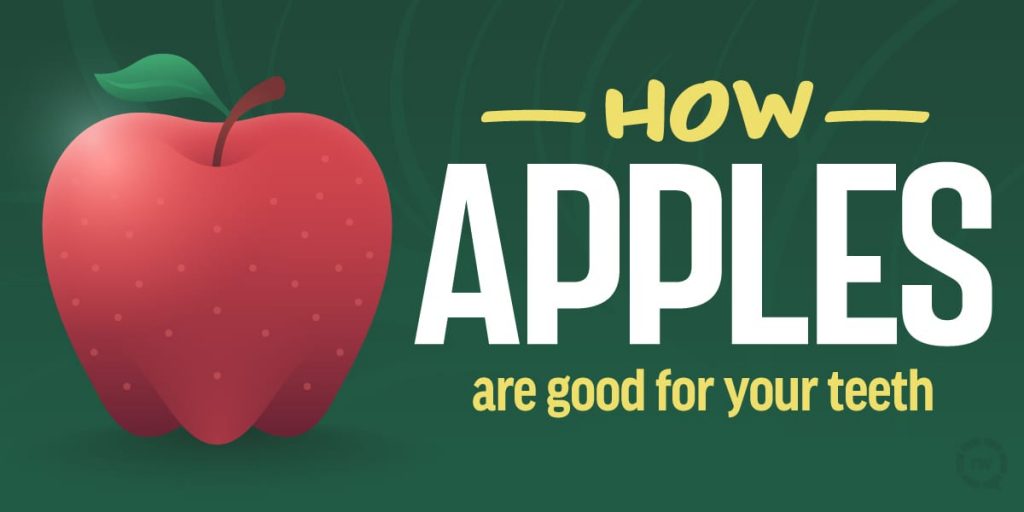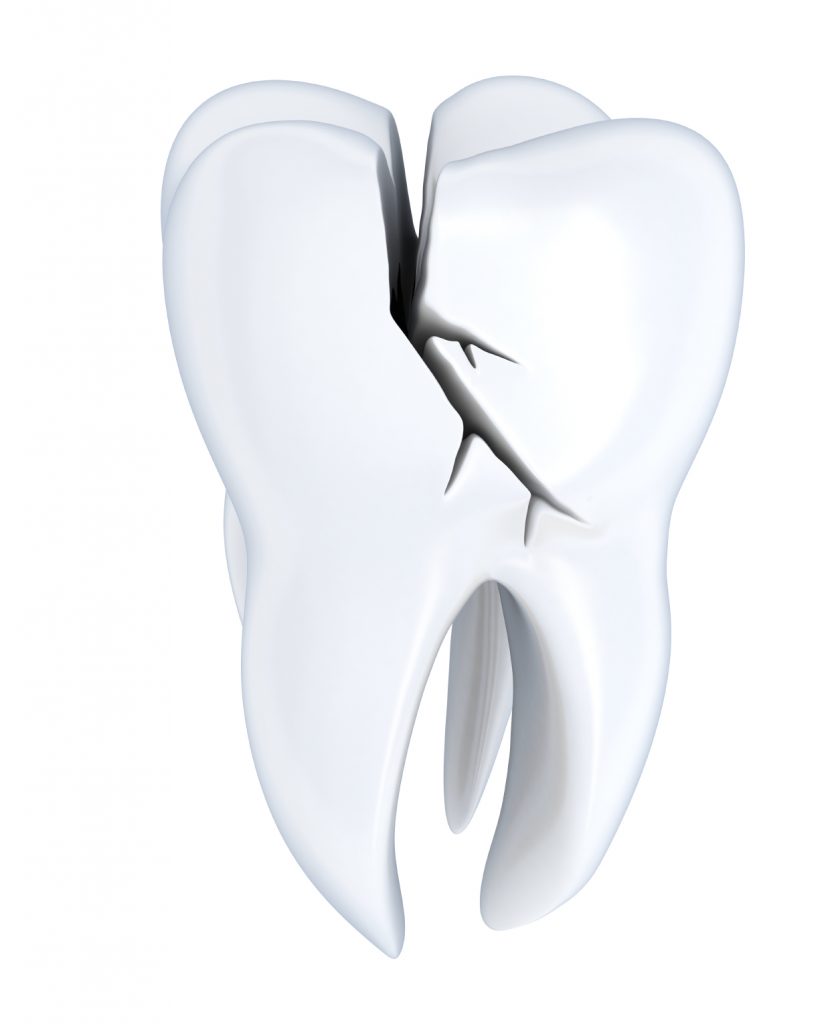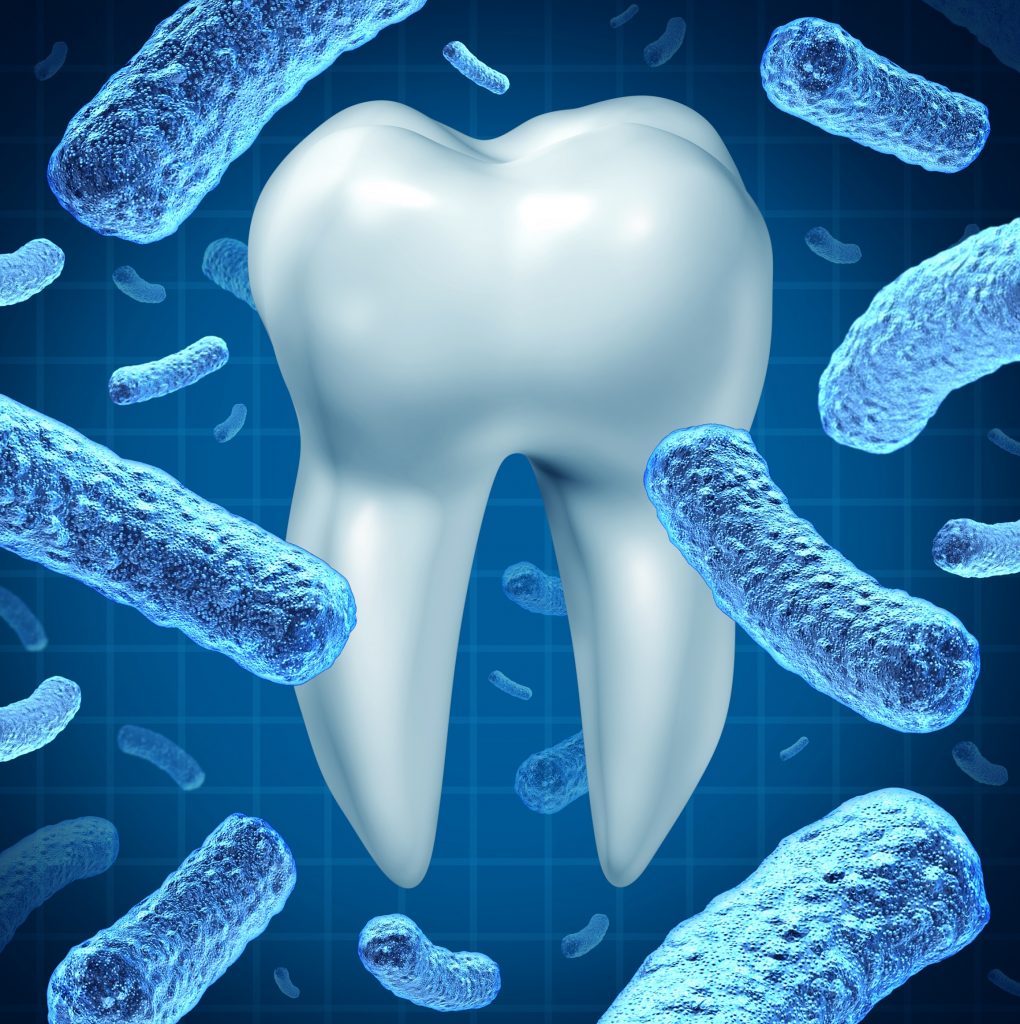
People have been asserting that “an apple a day keeps the doctor away” since the 19th century. While it may not necessarily be true that those who eat apples never have to see a doctor, apples certainly have great health benefits for our bodies! Did you know they can even be good for our teeth? Let’s take a look at what the research says…
It’s widely thought that chewing a crisp, fresh apple can help brush away plaque on our teeth. We’re not too sure on this one, as some studies show a higher plaque content on teeth after eating an apple. At the same time, there is evidence to suggest some polyphenols in apples can lower the ability of cavity-causing bacteria to adhere to teeth. Further, some studies have shown that the antioxidants in apples can help prevent periodontal disease.
Apples even contain a (very) small amount of fluoride. This is worth noting, as fluoride is so important in helping prevent cavities.
Lastly, the act of chewing an apple stimulates saliva production. Saliva helps wash away food debris and bacteria. Remember, though, apples contain sugar and acid so it’s best not to go overboard with them.
You can even swish with water after eating one to wash away some of the sugar left behind. As the science continues to look into how apples affect our teeth, one thing we know is true: regular dental visits, along with daily tooth brushing and flossing, is your best defense against tooth decay!
If you would like to find out more about the smile benefits of apples, contact Dr. Ahmadi at 323-312-0500 to schedule a consultation or visit www.dentalimplantcare.com for additional information.
Dr. Mike Ahmadi proudly serves Bell and all surrounding areas.


